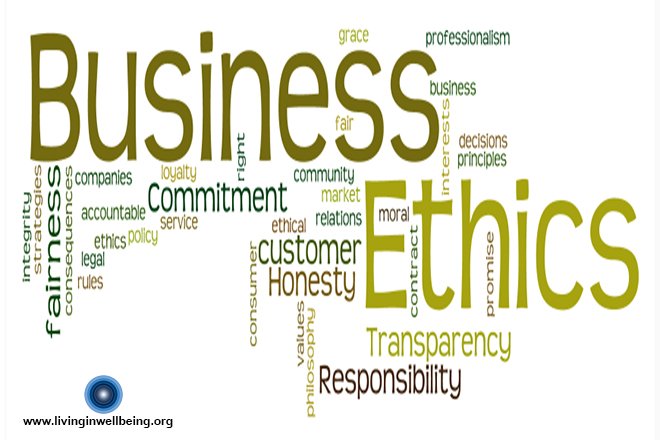
Abstract: Are ethics gone from our culture, from our business practices, from how we treat one another? Well some would say that may be the case. This article touches on the questions of ethics and what role they play in our lives.
Ethical Behavior
Ethics play a quiet, yet large part of our lives. Ethics come into play when we work, when we play, and at any time that we are interacting with others. Ethics are a set of rules that we each live by, essentially, although they are generally unwritten rules. Ethical behavior means that you are living, working, or playing in an ethical way - by the set of standards that are generally considered to be right or good.
Because we each have our own moral code, laws were written to protect us. Many of these laws are based on ethics, while others are not. However, most laws are there to more or less force us to practice ethical behavior, for fear of repercussions or consequences. Not all ethical behavior, however, has become law.
Take lying for instance. Yes, it is against the law to sit in a witness box, in a court of law, and lie. In fact, that is called perjury. However, it is not against the law to tell an acquaintance a lie. It is, however, unethical behavior. Cheating on your taxes is against the law, and unethical. Cheating when you are playing a game with friends or family members is not against the law, but it is still unethical behavior.
Most of us develop our own moral code - our sense of right and wrong - when we are growing up. We often base our morals on what we see around us. For example, if a child grows up with a parent who is prone to lying, that child may very well grow up to tell lies as well. They know that lying is wrong, but they don't necessarily see it as something that is unethical. In some cases, they won't even see lying as wrong, but instead as a way of life that they know.
Often, despite what you were raised with, you can redevelop your moral code and practice ethical behavior as a grown up. This is first done by establishing what ethical behavior - or unethical behavior - is exactly in the world that you live or work in. As a general rule, lying, cheating, stealing, or otherwise harming any other individual is considered to be bad ethical behavior. But there are other actions that constitute unethical behavior as well.
For example, if you don't lie, but you don't tell the whole truth - leaving certain parts out - this is unethical behavior, because you didn't give someone else the opportunity to make an informed decision, or to act on accurate information. Unfortunately, many people will simply say 'but I didn't lie.' It is true that you didn't lie, but again, you withheld the truth, which may be considered the same as a lie.
Again, we begin learning about ethical behavior - or unethical behavior - as soon as we are old enough to take note of our surroundings as small children, but this doesn't mean that we are stuck with those values. Many people have near perfect ethical behavior taught to them, but fail to use those ethics after they reach adulthood, or in some of their life or business dealings. So, you must ask yourself if you are practicing ethical behavior each and everyday. If you aren't, correct the problem and try to do better in the future.
This and other topics that deal with corporate communications, business to customer relationships, and sales training through Collective Vision are just some of the topics discuss.
We help you create your future through Collective Visioning












